|
On August 7-10, 2022, the members of MEcoH Lab led by Prof. Kozo, together with Dan and Art (Research students), and Tsubasa (B4) joined the Kyoto University team headed by Prof. Takemon, along with Liu (D1), Nishimura (M1) and Mojar (M1) as well as Dr. Takahashi from Tohoku University in a 4-day collection trip in Kizu and Tenryu Rivers. Along these large rivers, different habitat types were identified, inspected, and compared with one another. Despite the scorching heat, the fieldwork was successful as samples for several projects were collected including macroinvertebrates and eDNA.
0 Comments
At the start of August 2022, Art from the Philippines joined the MEcoH Lab as the newest PhD student. Emerging from a rigorous taxonomic training of Philippine macroinvertebrates during his Master’s in the Ateneo de Manila University (AdMU), Art will explore combined ecological and genomic approaches in studying the stream macroinvertebrates i.e. how the abiotic factors and genetic similarities and/or differences play into their roles in the river dynamics. With these in sight, he envisions to contribute into an interdisciplinary understanding of addressing the changes in current environmental patterns using macroinvertebrates as models.
Dr. Levente-Péter Kolcsár (JSPS postdoctoral fellow) went on a field collection trip to Hokkaido between 18-29 July. Dr. Daichi Kato from Echigo-Matsunoyama Museum of Natural Science, Matsunoyama, Niigata Pref. also joined the field collection between 19-22 July. Aims and preliminary results of the trip: 1. Collecting additional specimens from two species new to science, which first time collected during another field trip in Hokkaido, in 2019. Both new species are only known to be found in 2 locations in 2019. During a recent field trip the new species were also found in additional 5 localities. 2. Collecting rare or poorly known crane fly species for future taxonomic studies. 3. A general survey of Hokkaido’s crane fly fauna. Due to the special geographic position of Hokkaido Island we suspect the presence of several species which are known from continental Asia, North-America and Kuril Island, but not yet reported from Hokkaido. In total dr. Kolcsár and dr. Kato collected around 1500 specimens from 30 collection sites. Some poorly known species collected during the field trip.
I am Maria Angenica F. Regilme, or Nica for short, I am currently a PhD student in the MECOH laboratory. I joined the laboratory as a Research student in September 2016 as a Japanese government scholar and started my PhD program from 2018 April until present. My PhD dissertation’s main goal is to use a wholistic approach of studying the relationship between the vector, host, microbiome including the pathogen and the environment to create a substantial information for an effective vector borne disease (VBDs) control. For my dissertation, I focused on the top VBDs: mosquito-borne diseases focusing on dengue mosquitoes, Aedes aegypti and Aedes albopictus and tick-borne diseases vectors, Ixodes ovatus and Haemaphysalis flava. The overall objective of my dissertation is to know the gene flow pattern among arthropod vector (e.g. mosquitoes and ticks) populations can be influenced by environmental factors (e.g.roads and altitude) and the hosts affecting the pathogen transmission. The presentation is for 45 minutes followed by question and answer portion from the audience for 15 minutes and a close meeting with the thesis panelist: Kozo sensei, Kitamura sensei and Miyake sensei. Finally, after more than 3 years I was able to present my thesis dissertation last 18 August, it was a hybrid style of thesis presentation wherein the thesis panelist are online via zoom while I present my thesis with my labmates in the seminar room. Before my presentation, I was nervous but I told myself to do my best because this is my only chance to get a PhD degree and to share the importance of my research to controlling vector-borne diseases. After the presentation and the question and answer portion, tears of joy fell into my eyes, I could only thank God, my family and friends, MECOH lab members (former and present), co-authors, collaborators, funding agencies and everyone who helped me in this PhD journey and most especially Kozo sensei for the support and guidance, without it, I will not be able to present my dissertation. I still don’t know the results of my thesis dissertation if I can be able to get the PhD degree. I can only hope that through God’s will I can get the degree and still continue doing research after PhD that can have an impact on improving the lives of people for example, research about tropical diseases. My heart is full of gratitude to everyone who have helped me, almost 6 years of PhD journey is one of the most memorable moments in my life that shaped me to become a future scientist and taught me many learnings in my life. Again, thank you!
Sampling collection from wastewater treatment plant, river, and coastal area in Matsuyama, Ehime8/18/2022 The AMR team (Prof. Kozo Watanabe, Prof. Satoru Suzuki, Yuichiro Shimada, Ryota Ueda, Ngure Kagia, and Kenneth Bongulto) went for another sample collection from wastewater treatment plants, river, and coastal area in Matsuyama, Ehime. The sample collection aimed to collect water samples and isolate environmental bacteria and test for antimicrobial resistance genes (ARGs). Two different wastewater treatment plants were visited for the sampling. Water samples were collected from the wastewater influent and effluent. Environmental parameters were gathered per sampling site. Water samples were also collected from the coastal area and river where the wastewater effluent flows out.
|
MECOH LabLatest news Archives
July 2024
Categories |

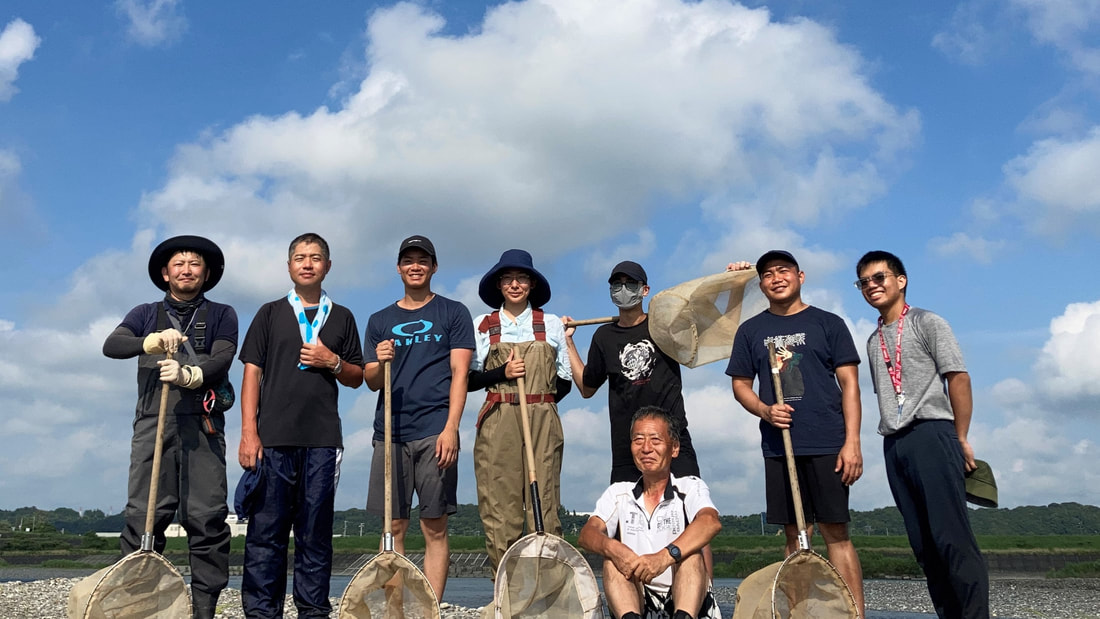
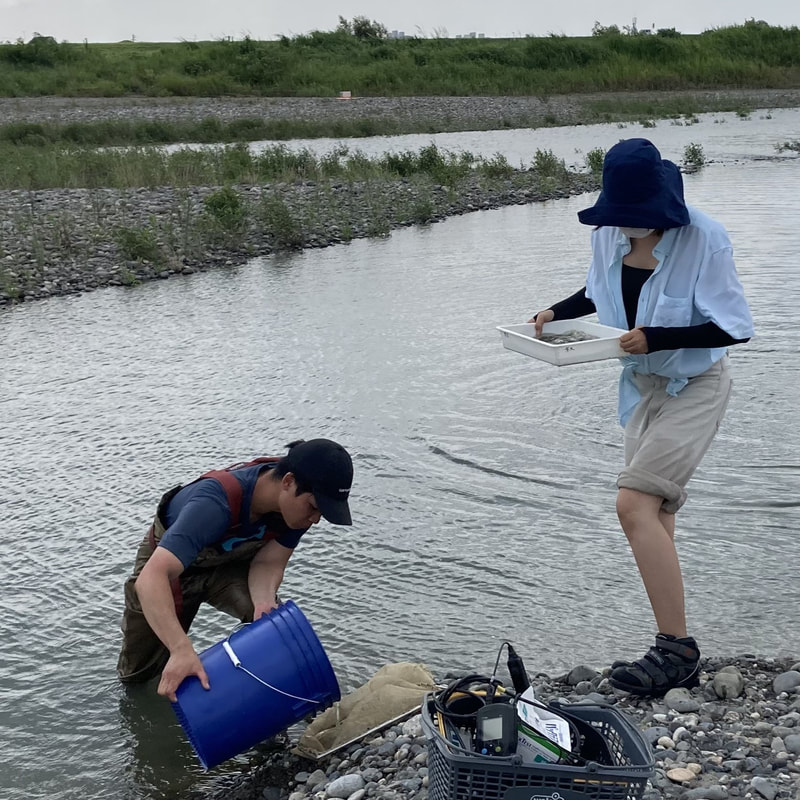
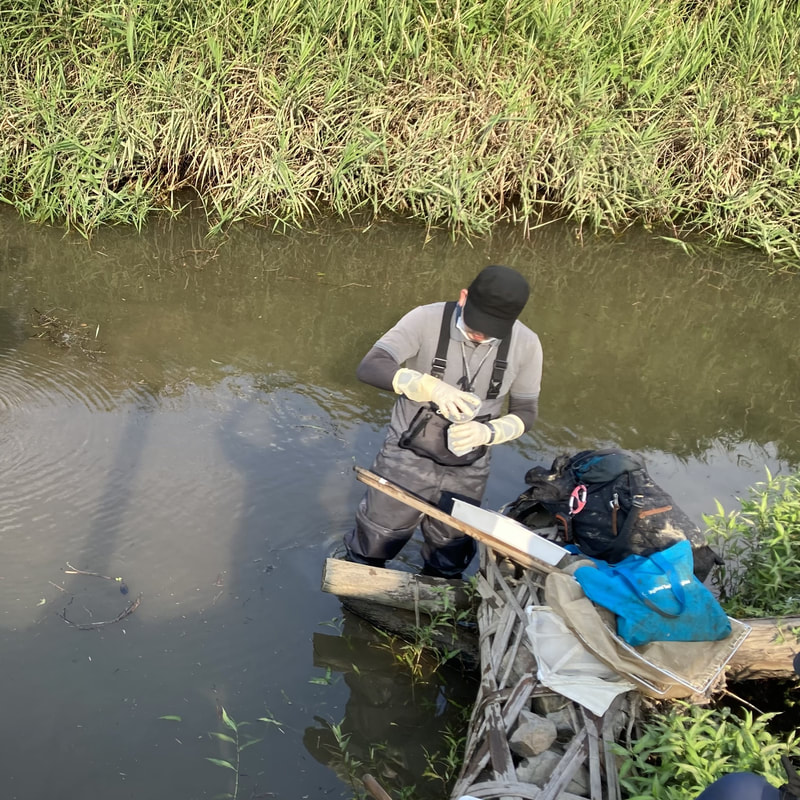
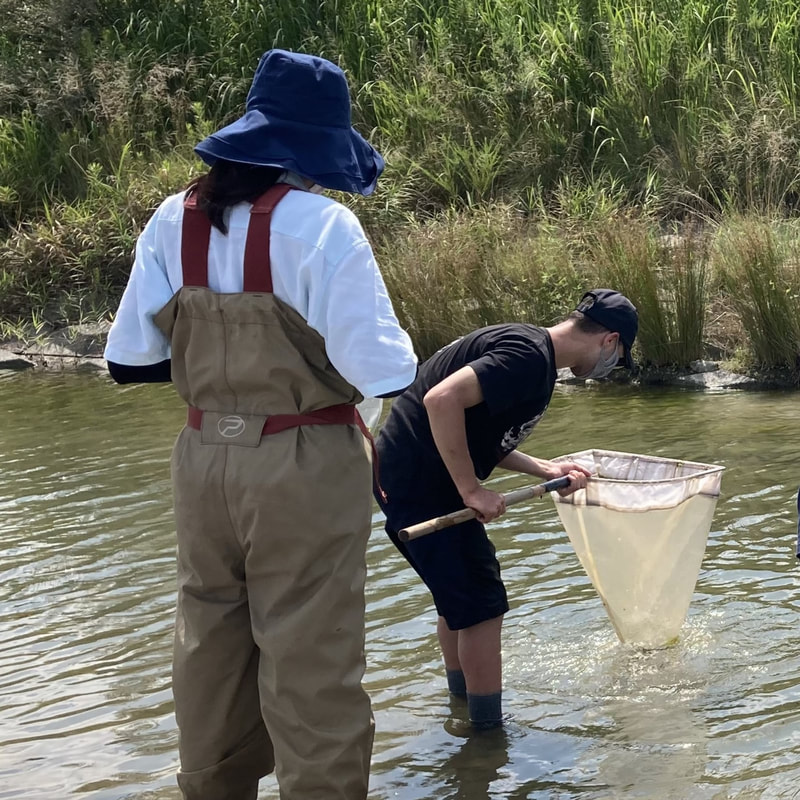
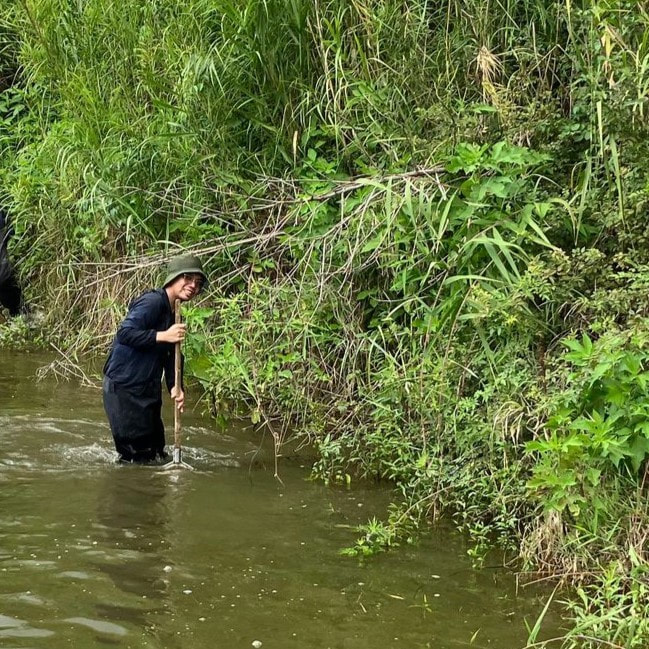
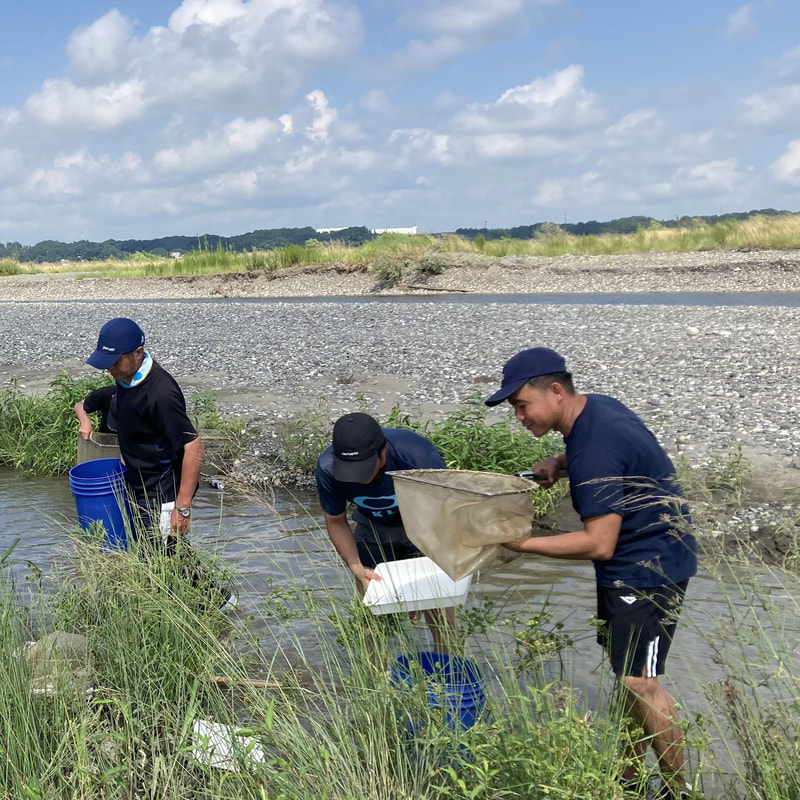
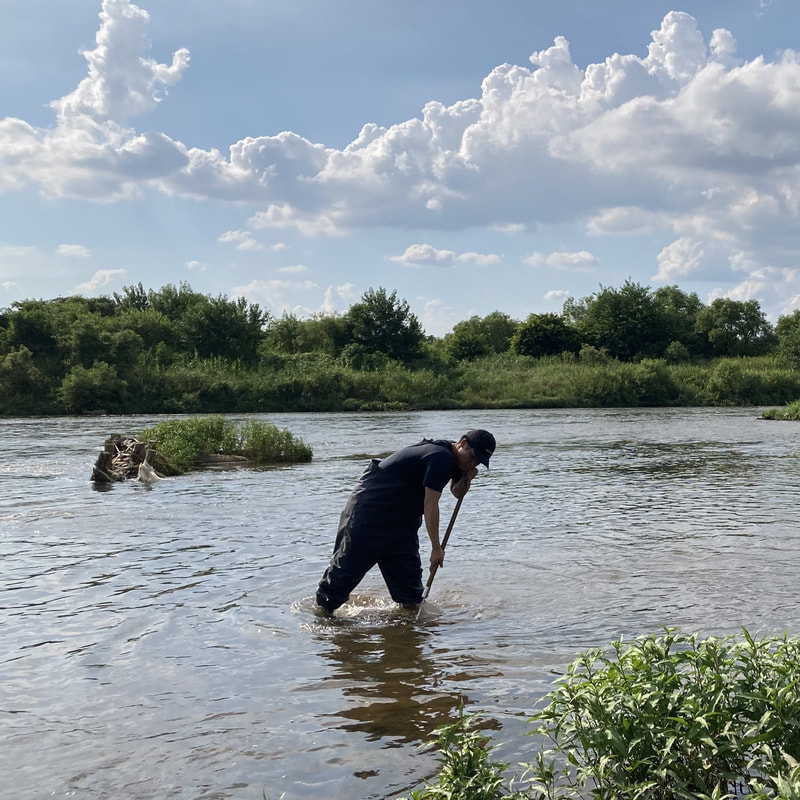
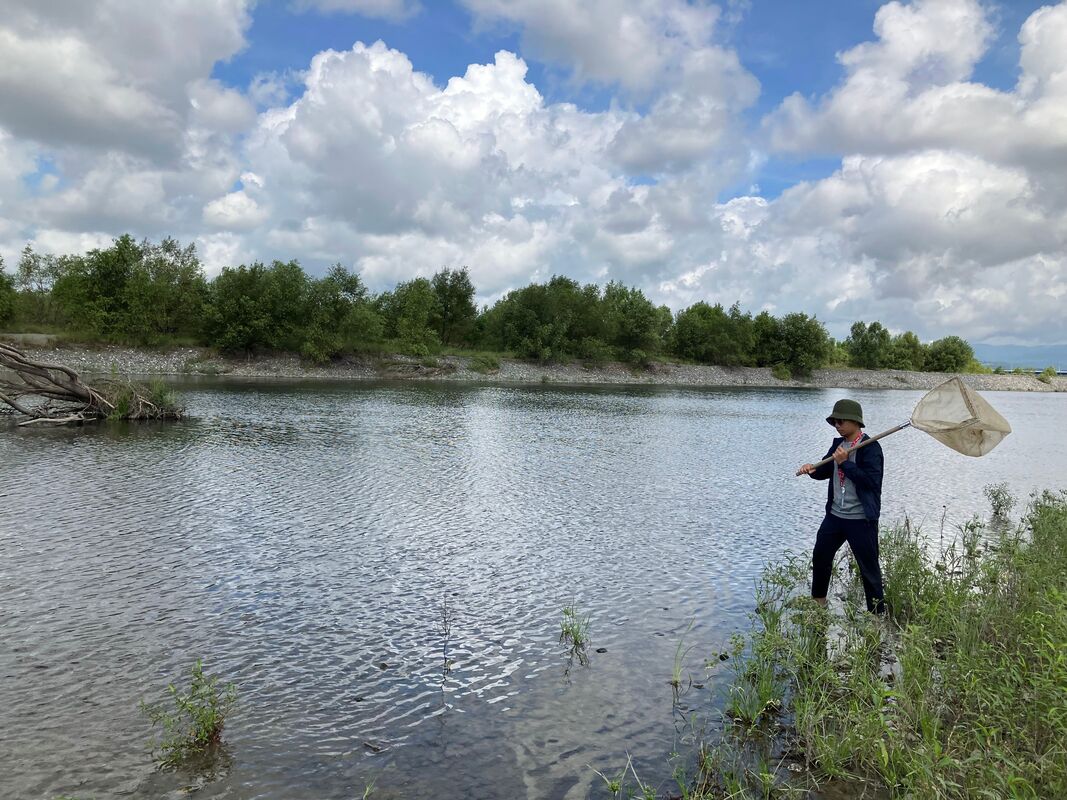
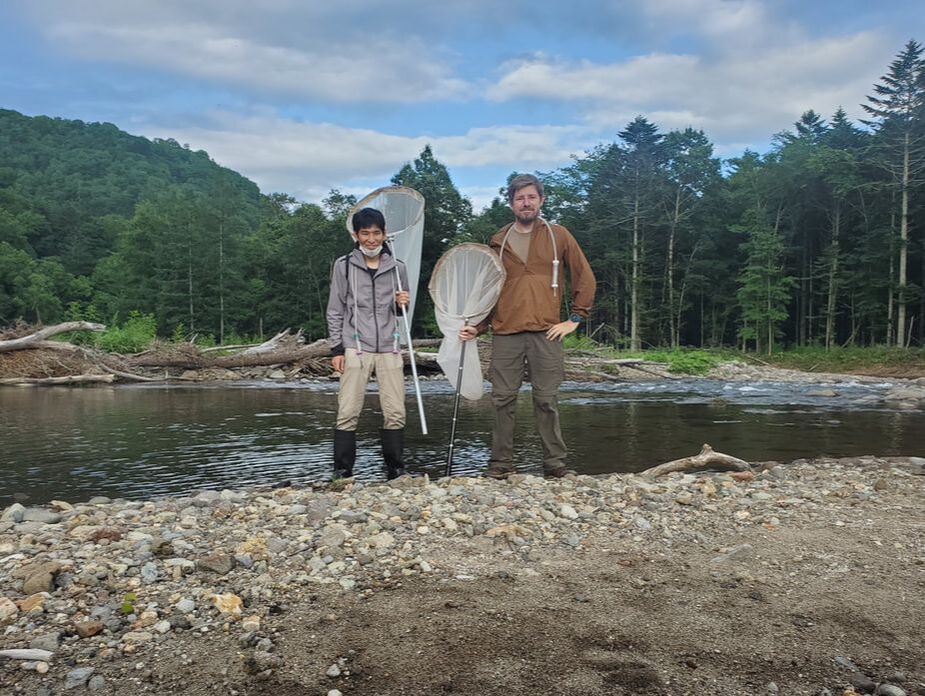

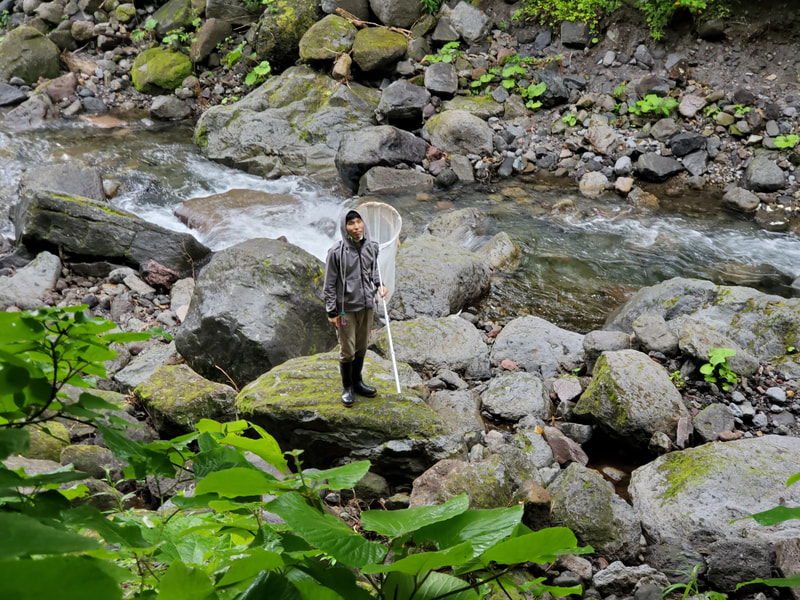
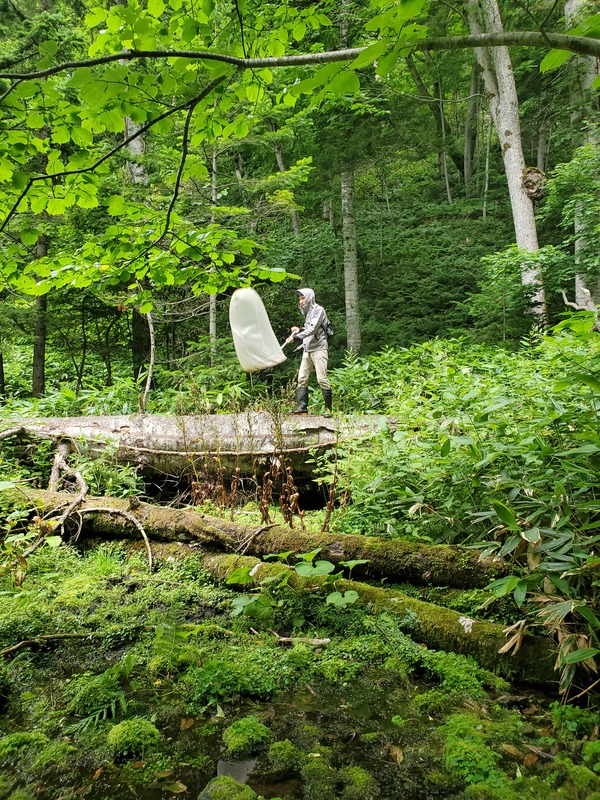
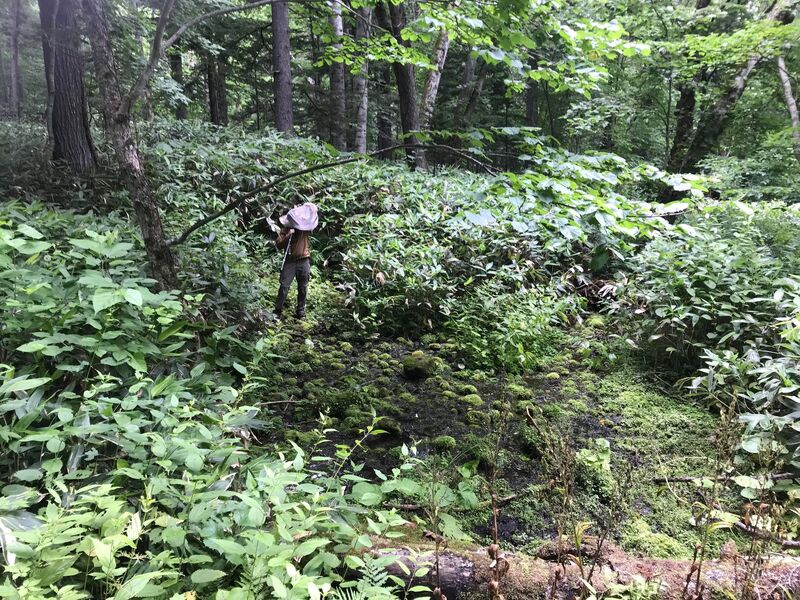
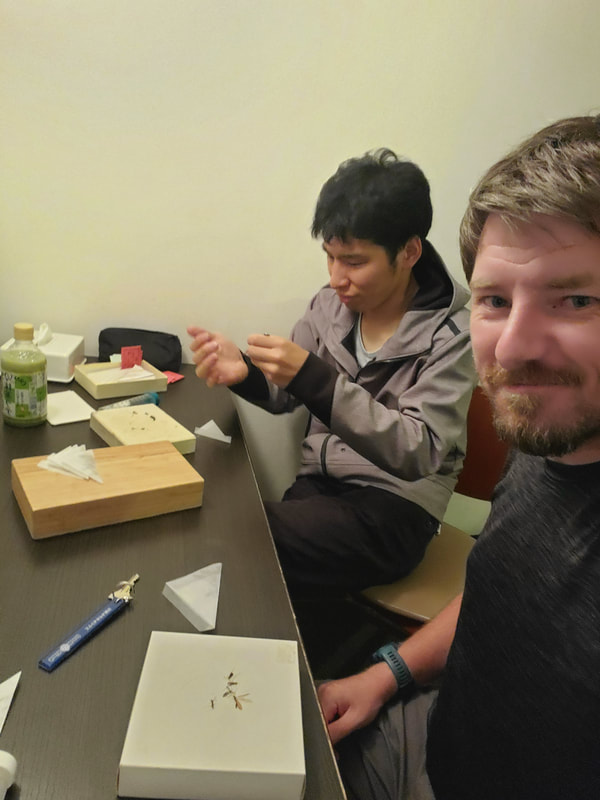
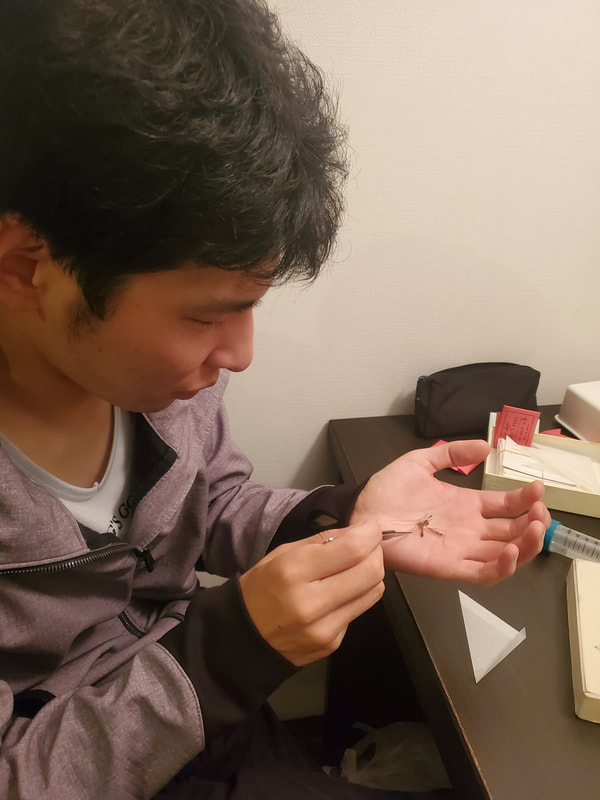
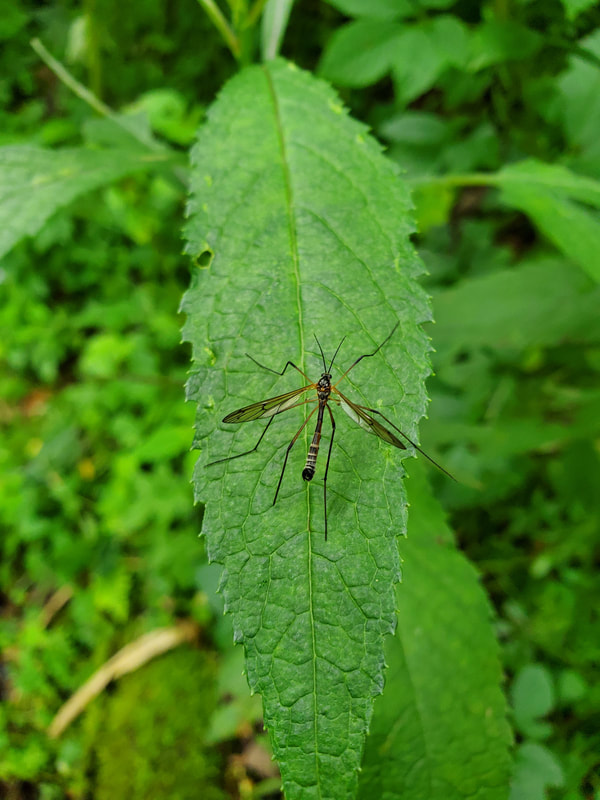
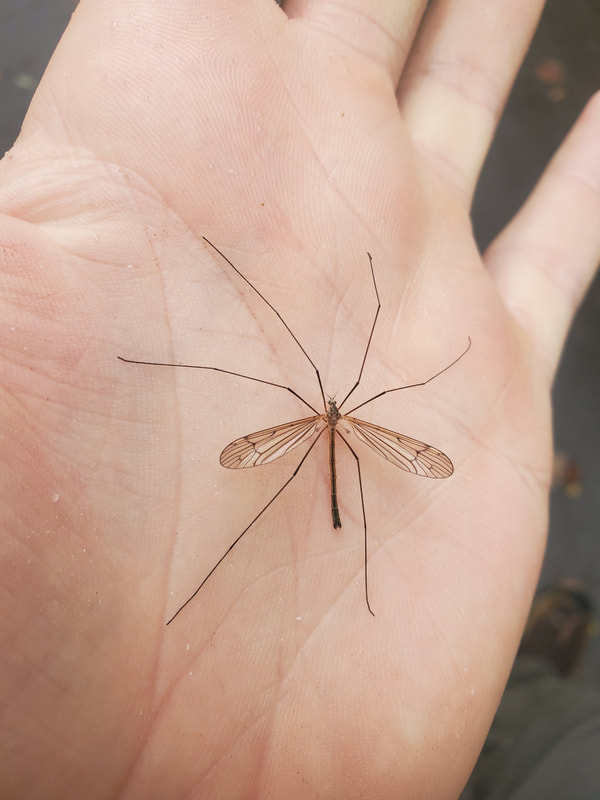
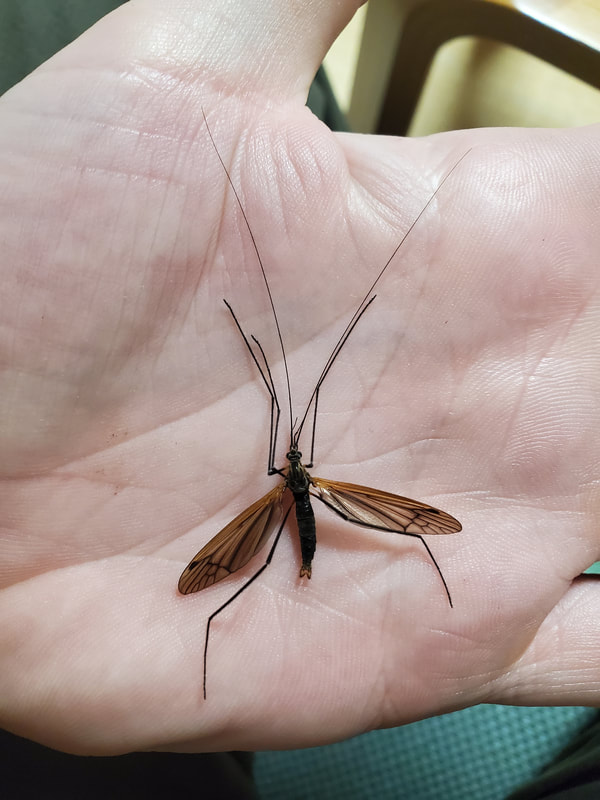
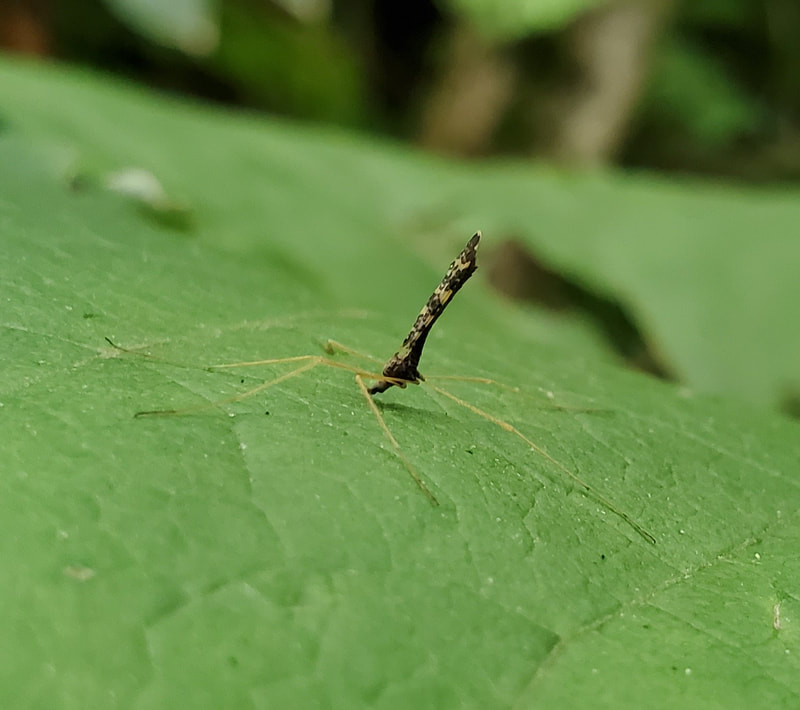
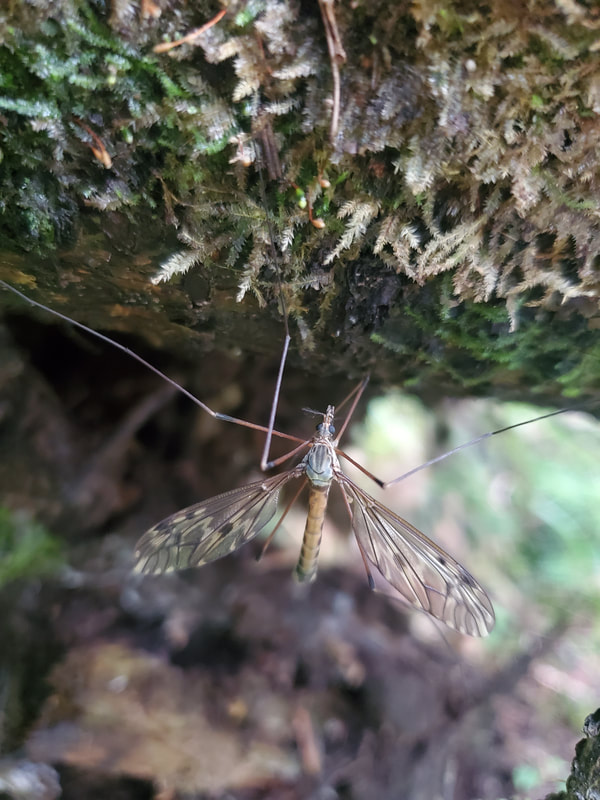
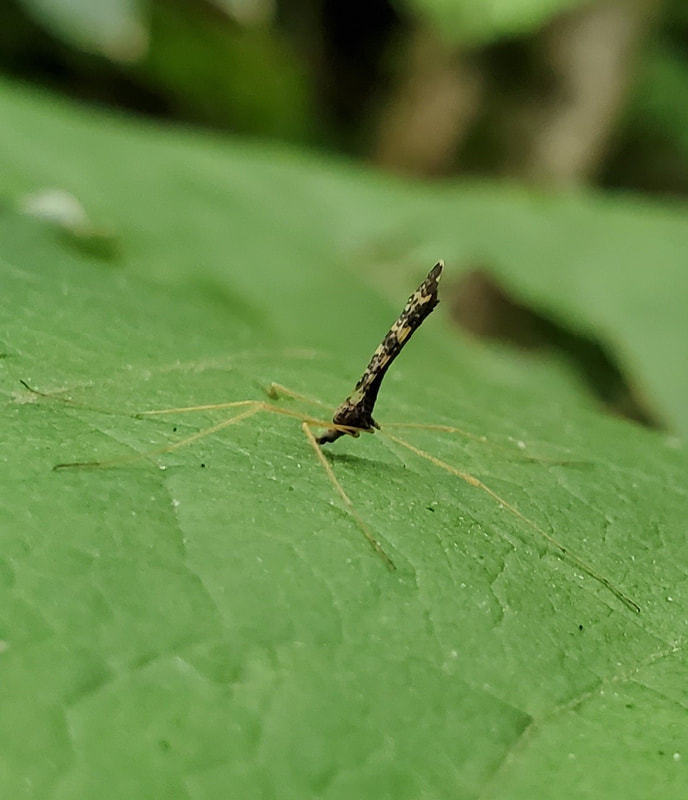
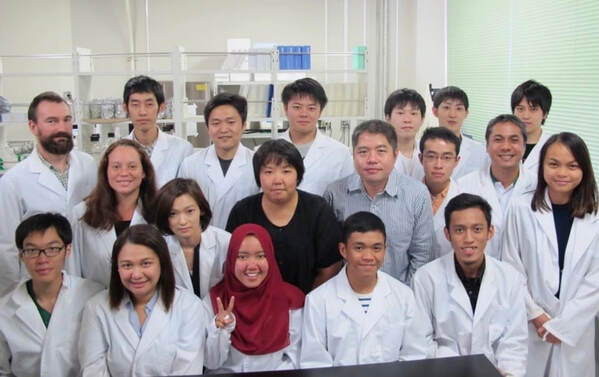
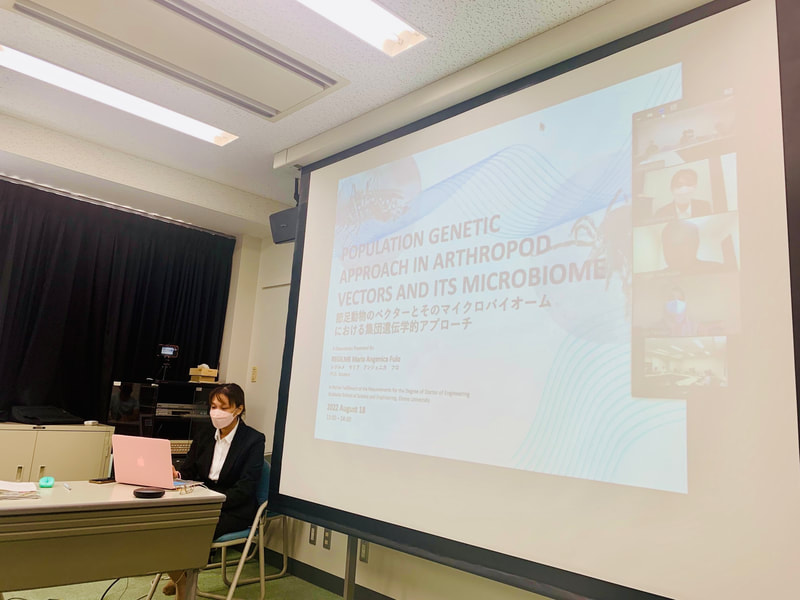
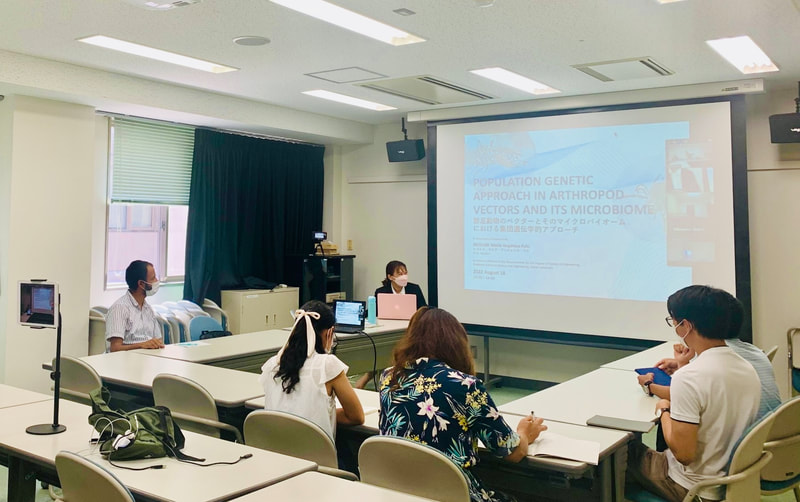
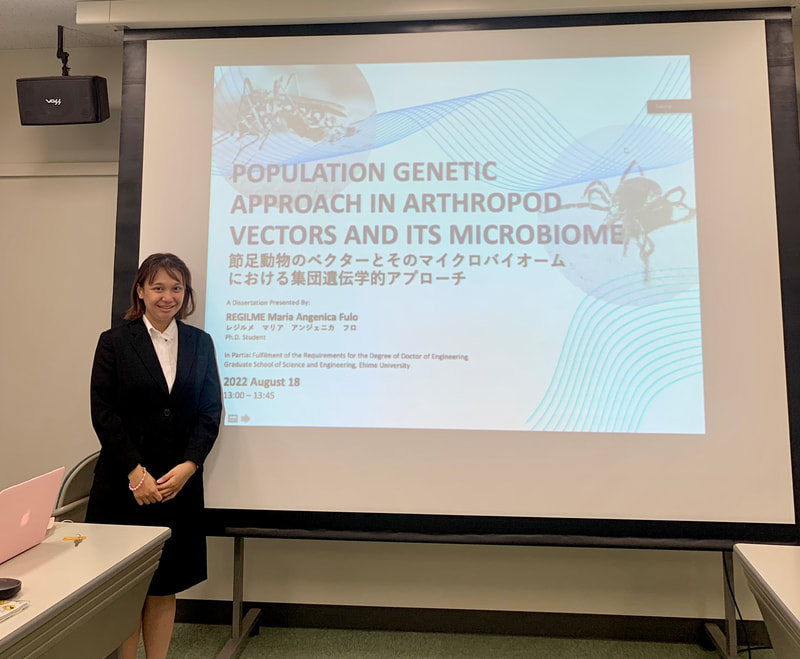
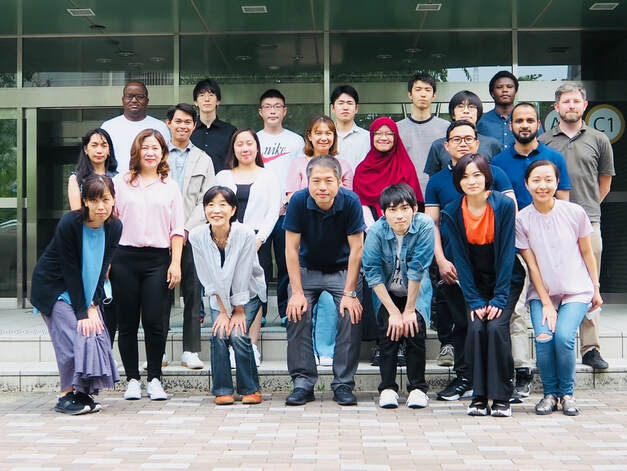
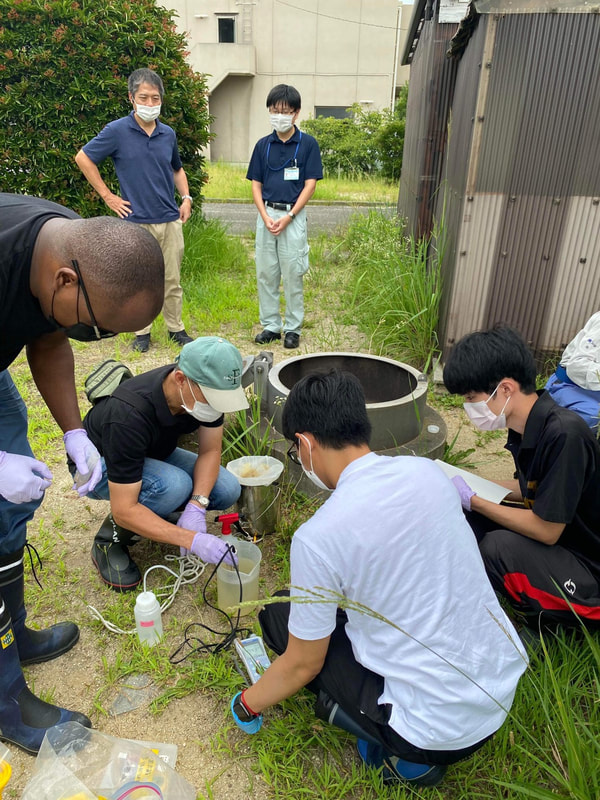
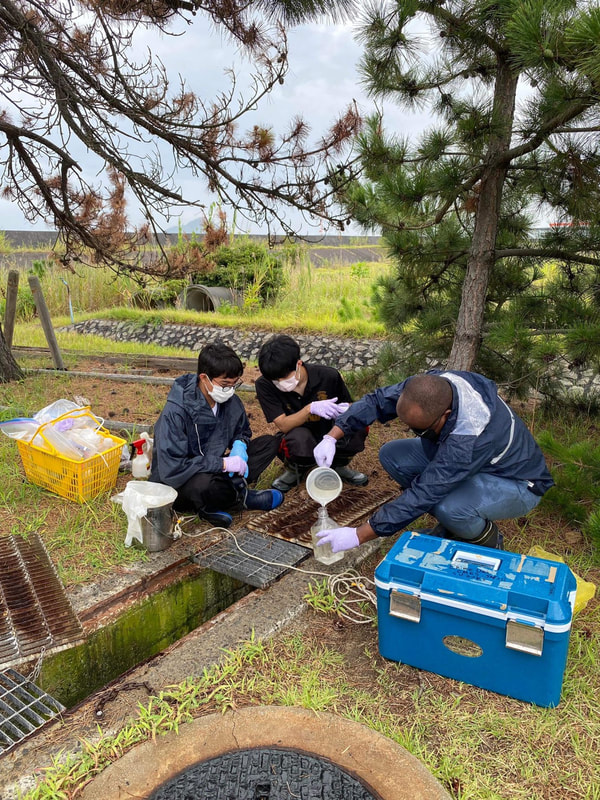
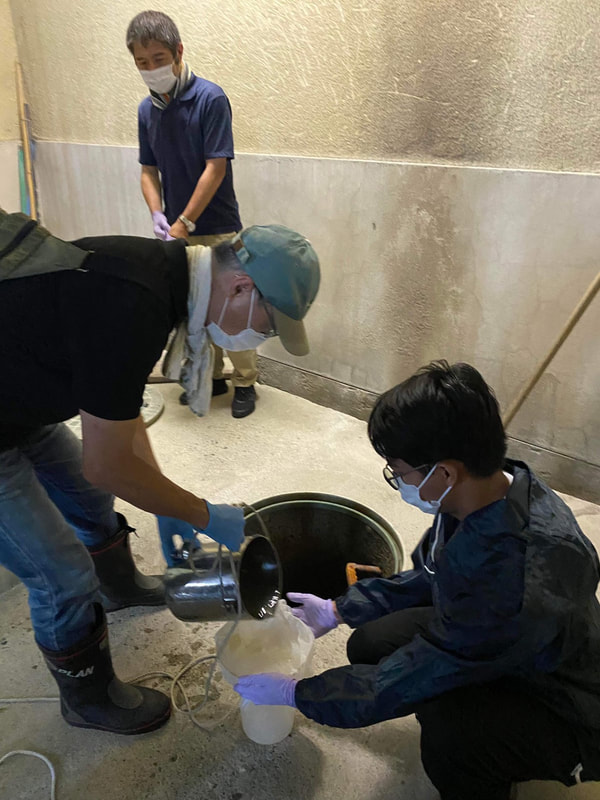
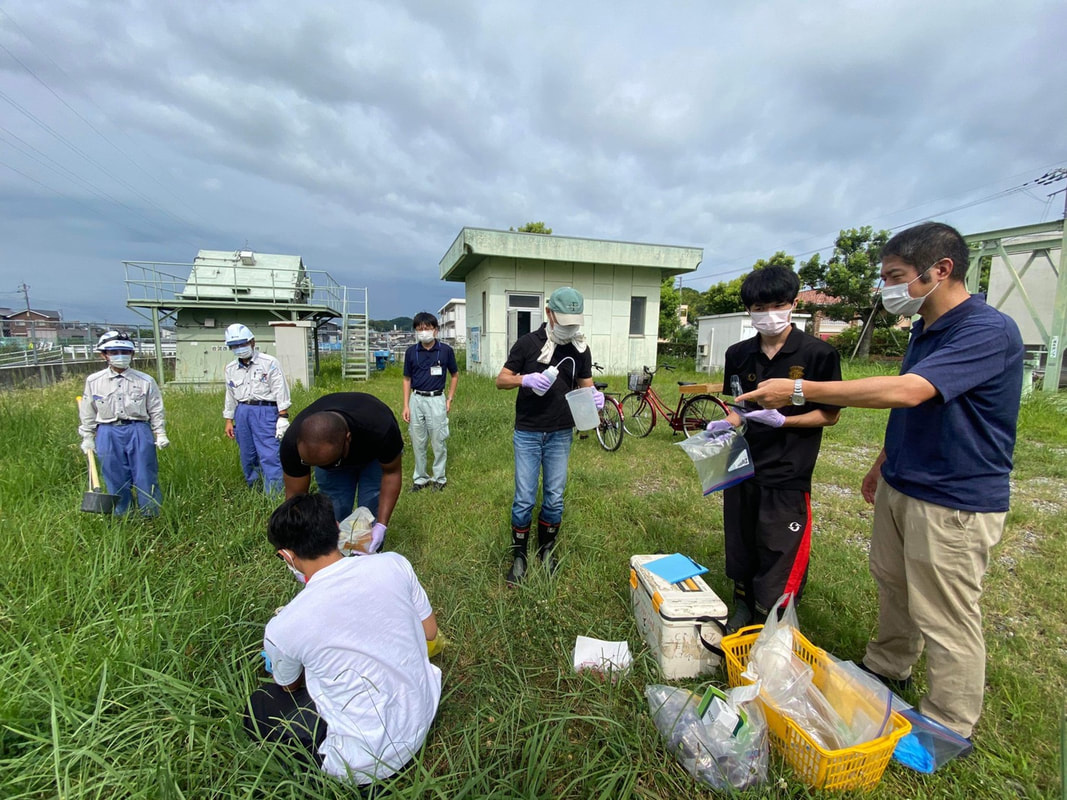
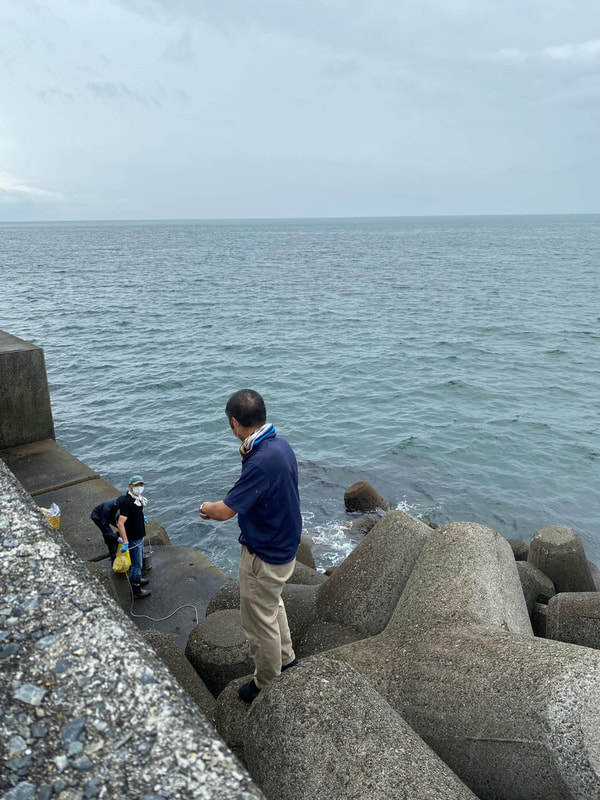
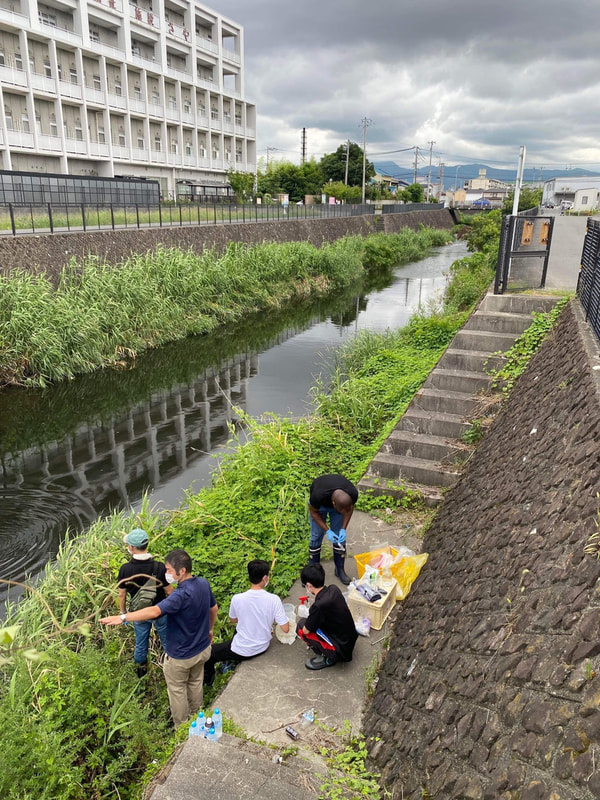
 RSS Feed
RSS Feed